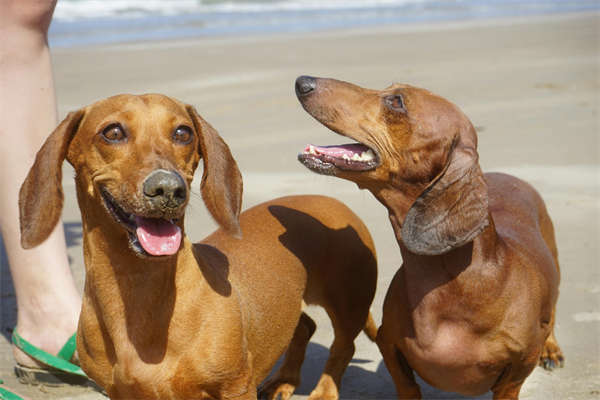Understanding your dogs daily energy requirement is a significant aspect of pet care This guide will outline the

Understanding your dog's daily energy requirement is a significant aspect of pet care. This guide will outline the factors influencing your pup's portion sizes, clarifying how to gauge their dietary needs carefully.
Demystifying Calories: The Energy Behind Your Dog's Actions
Calories are crucial in regulating your dog's energy levels, impacting their activity levels, overall health, and weight. Let's delve into the role of calories and how they affect your furry friend's daily routine.
Calories Defined: Why They Matter
A calorie is a unit of energy measurement, quantifying the food's energy content. Therefore, monitoring your dog's calorie intake supports maintaining a balance between energy consumption and expenditure, aiding in weight control and overall well-being.
In Dog Food: Deriving the Hidden Worth
Calorie content in dog food is labeled in kilocalories (or kcal), which equates to 1000 calories. This energy count is essential in determining the serving size for your dog. Also, keep in mind the calorie value of treats and snacks, as these contribute to your dog's daily intake.
Calories in Human Food: When Sharing Your Meal
If you occasionally share your food with your dog, it's important to factor those calories as well into their overall diet. Not forgetting that certain human foods may be harmful to dogs, hence always opting for dog-safe options.
Decoding Your Dog's Calorie Needs

Just like us humans, maintaining a dog's energy levels and body mass requires a certain amount of daily calories. Let's break down these needs according to varying considerations.
Factors That Influence Calorie Requirements
Your dog's calorie necessities depend on a number of factors: activity level, age, and any health conditions that may affect energy exertion. It's essential to regularly assess these aspects to cater for changes in dietary requirements.
From Puppies To Adults: Age And Calorie Necessity
A puppy, due to its high energy levels and ongoing growth, requires more calories compared to an adult dog. Similarly, pregnant or nursing dogs have heightened nutritional needs. It's necessary to adjust food portions according to these various life stages.
Active vs. Sedentary: Energy Levels and Calorie Intake
A high-energy dog, due to increased physical activity, will burn more calories and thus require a higher intake. Dogs with a more sedentary lifestyle require fewer calories to avoid unnecessary weight gain.
Maintaining An Ideal Body Condition
Ensuring that your dog maintains an ideal body condition plays a significant role in long-term health. Let's dive into techniques for achieving a healthy balance.
Combatting Obesity: Regulation and Control
For dogs prone to obesity or overweight, portion control and increased physical activity can aid in weight loss. Remember, a drastic change in weight should be gradual and under veterinarian supervision to ensure no adverse side effects occur.
Weight Gain: When It's Essential
If your dog is underweight, seeking veterinarian assistance is ideal. Underlying health conditions may cause weight loss; hence a thorough check-up is necessary before implementing dietary adjustments.
Keeping It Balanced: The Right Amount of Calories
Regardless of weight concerns, maintaining balance is key. Ensure that at least 90% of your dog's daily calorie intake stems from a complete and balanced diet, contributing to overall good health.









